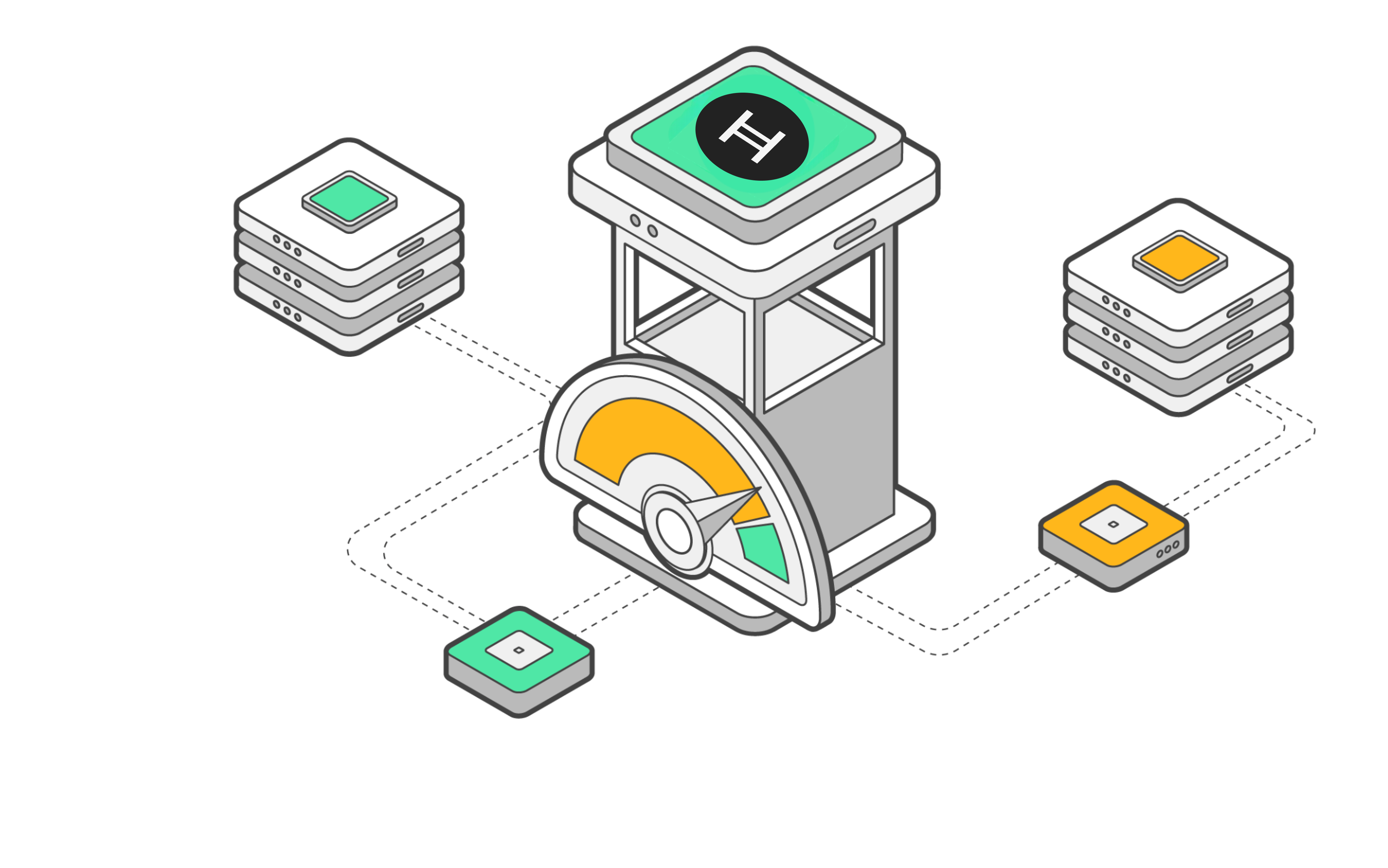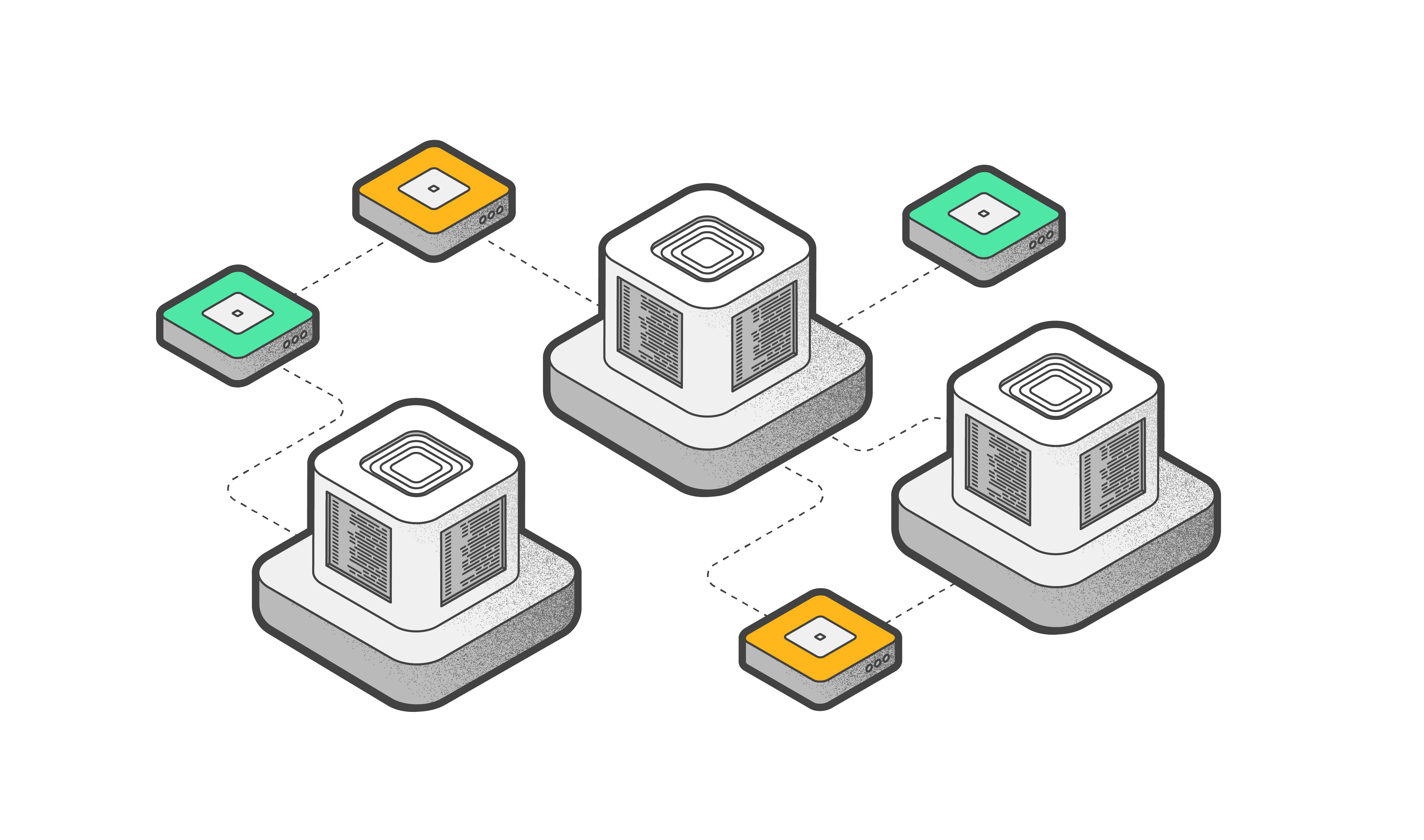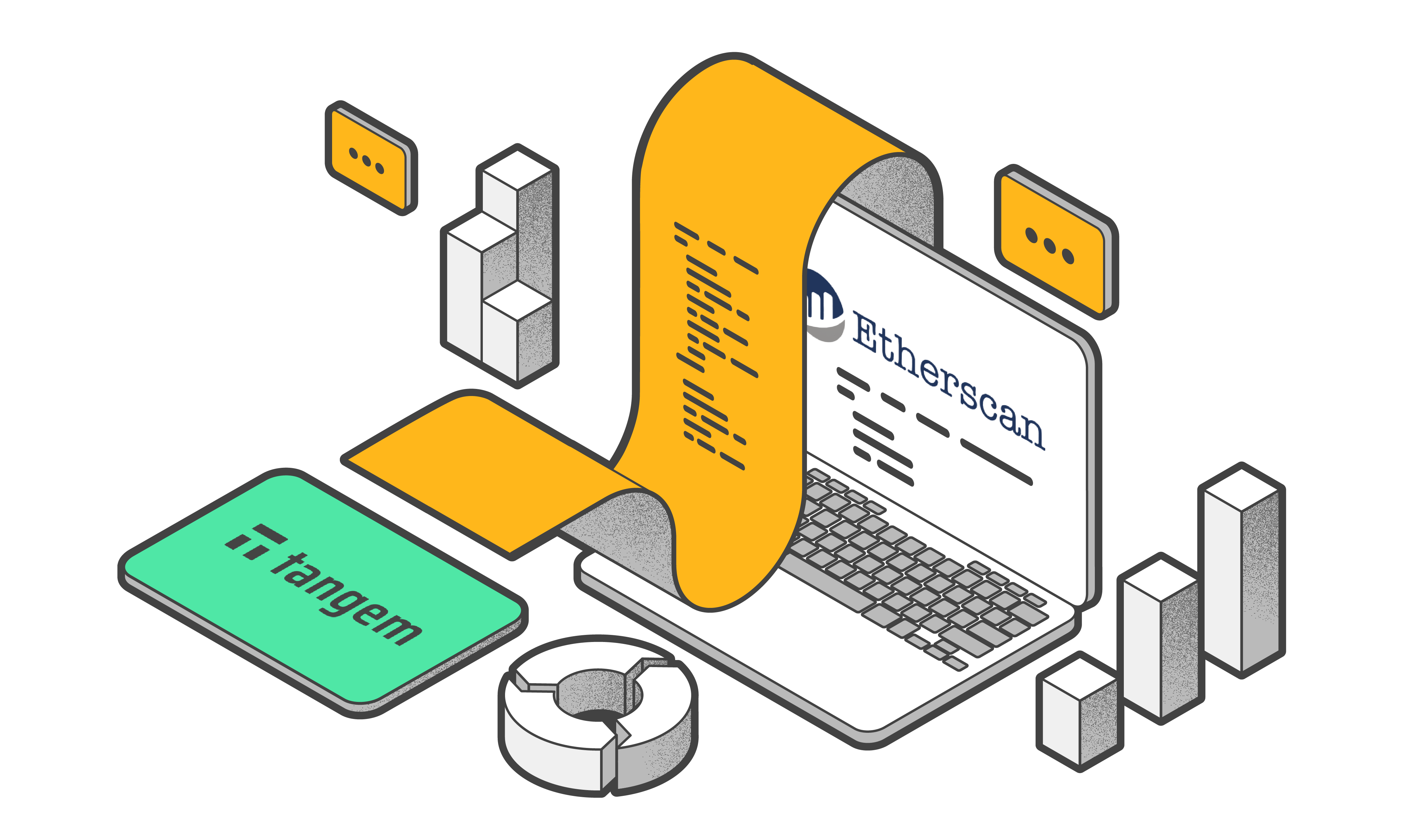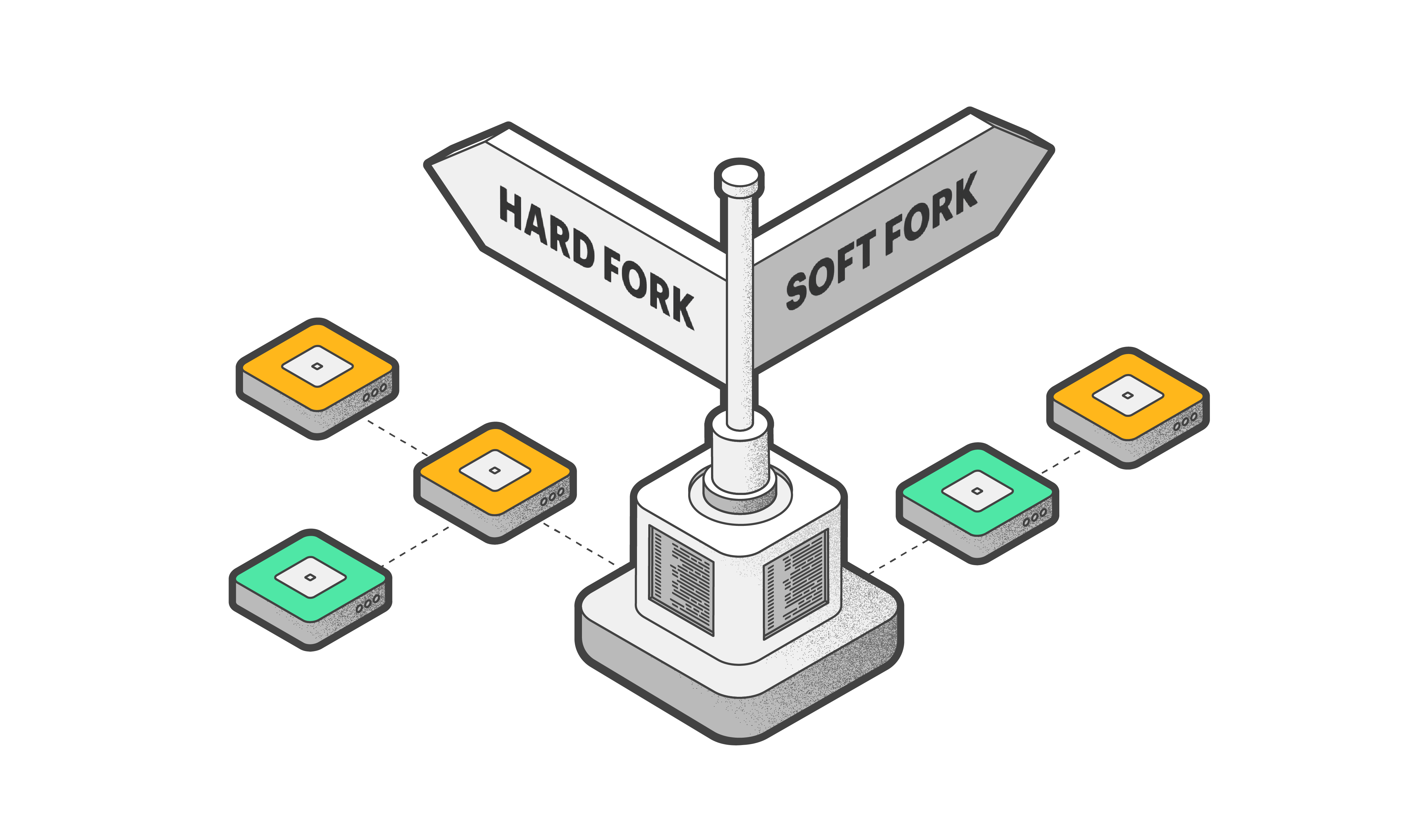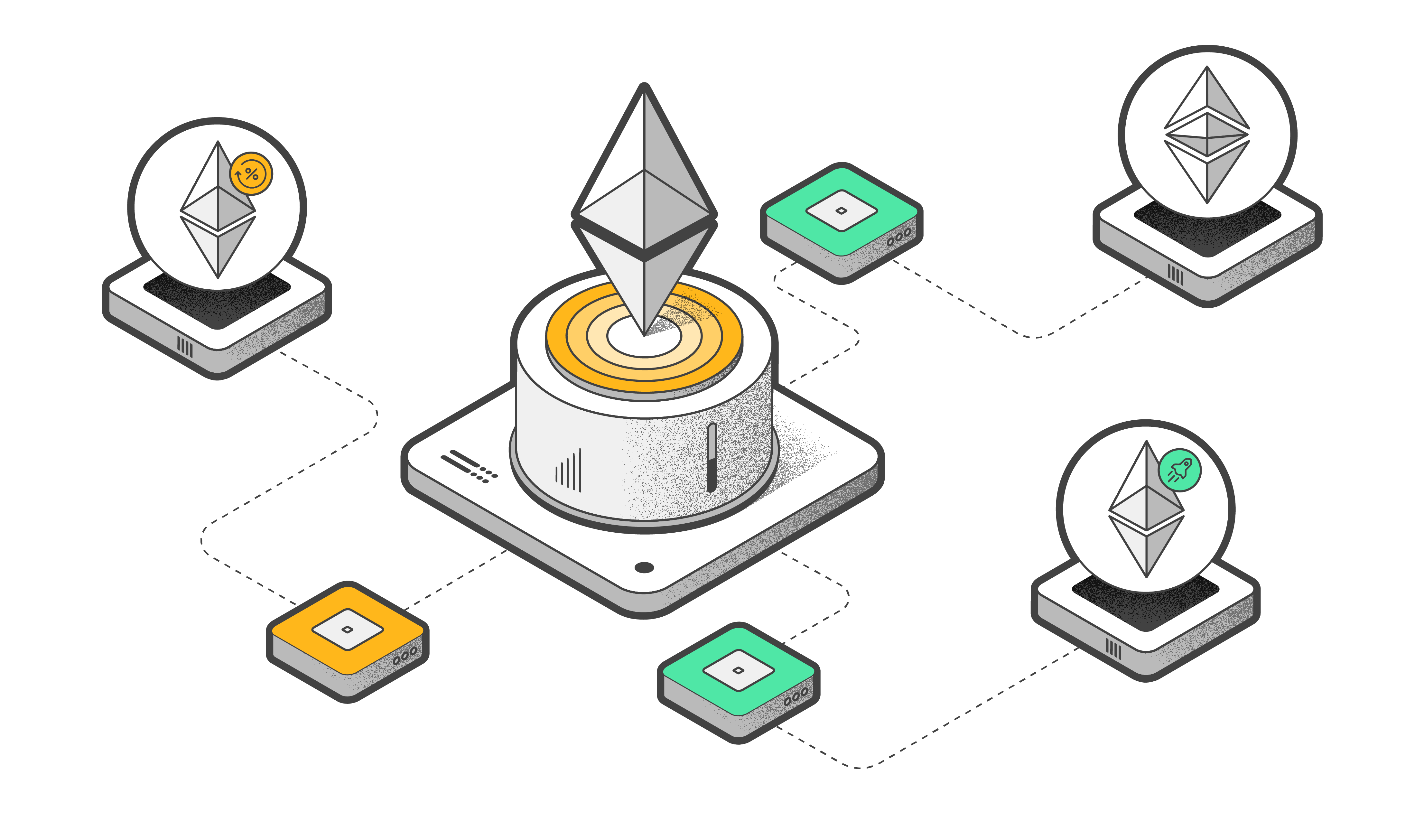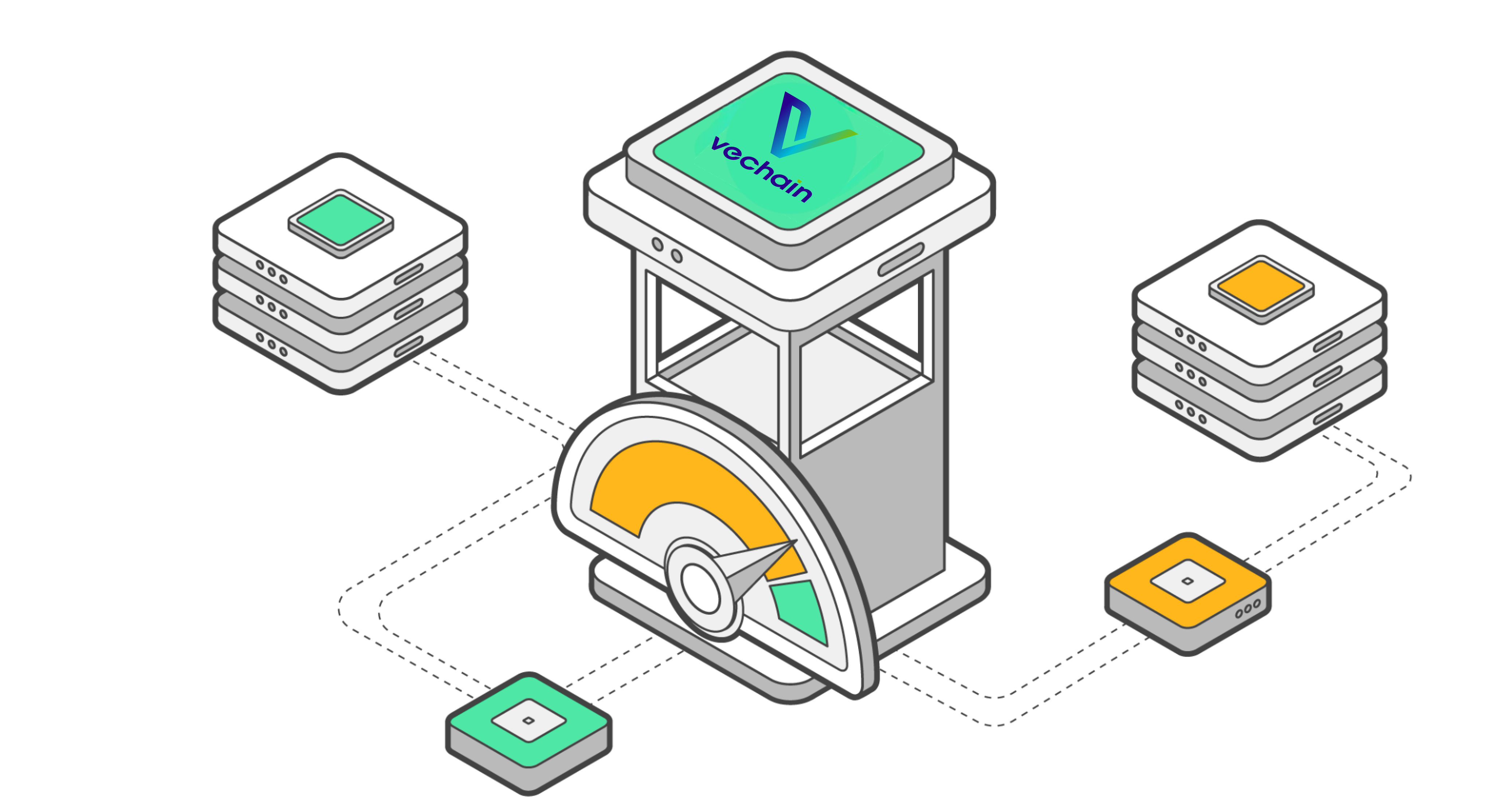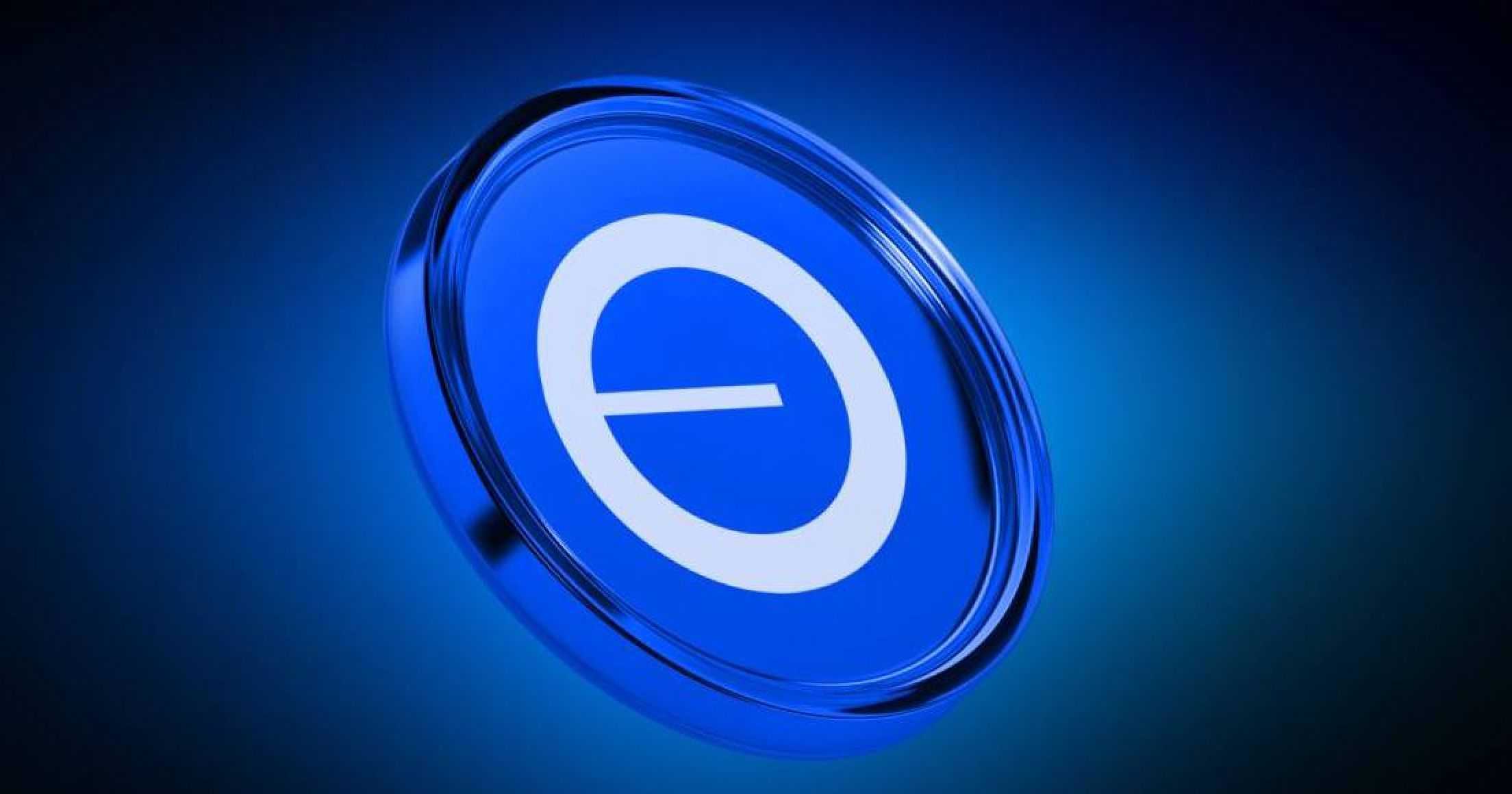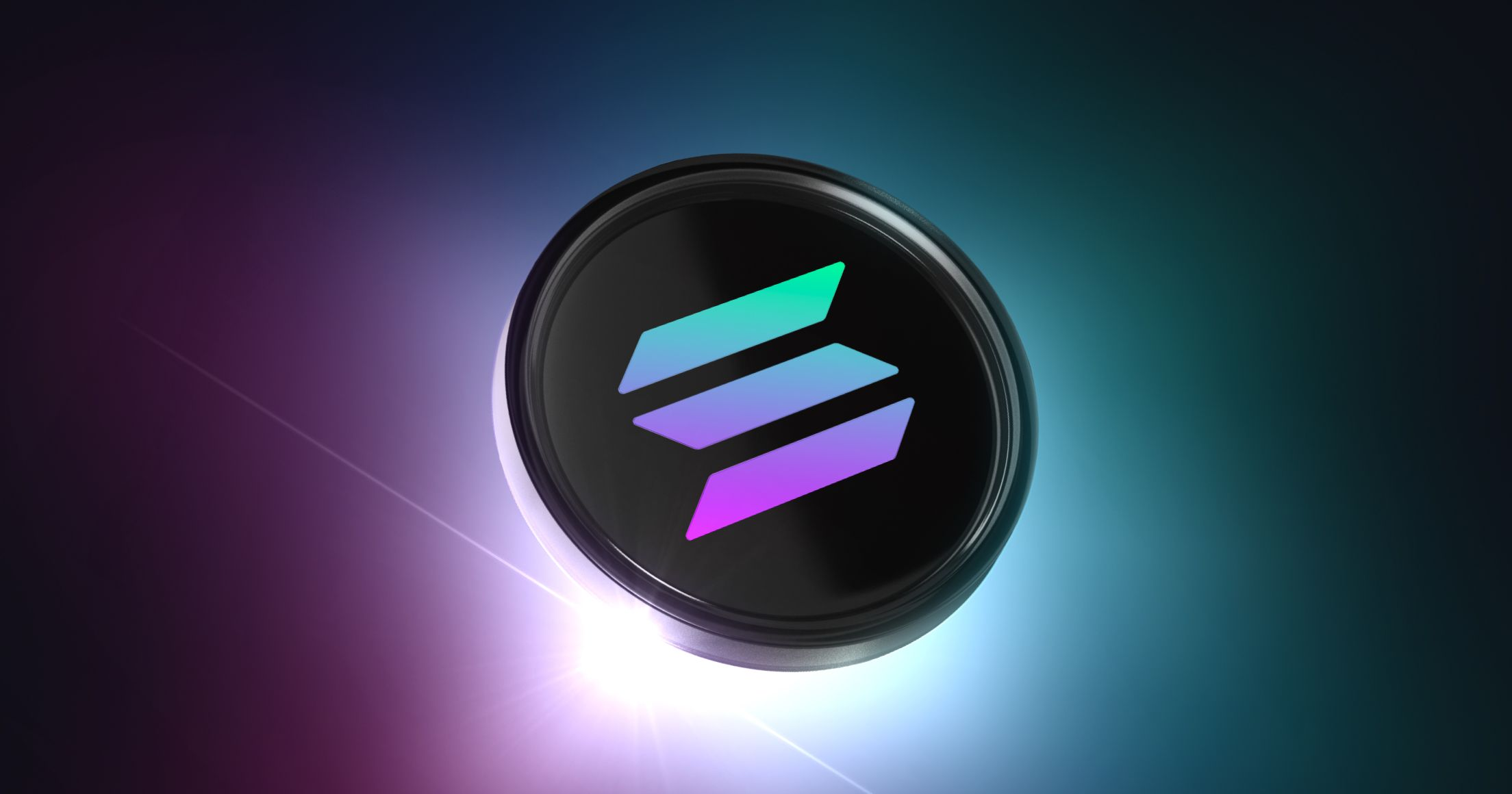Tangem hardware wallet offers a convenient and secure way to store crypto. Its compact NFC card design fits easily in your pocket, making it simple to use while remaining highly durable against physical wear and tear. It removes the complexity of managing traditional seed phrases, providing a seamless experience. By keeping your funds stored offline, Tangem ensures strong protection against hacks and the risks associated with centralized exchanges.
Crypto in Spain: The Complete Guide
Your 2026 Guide to Crypto in Spain: Buy, Trade, and Secure Bitcoin with Confidence.
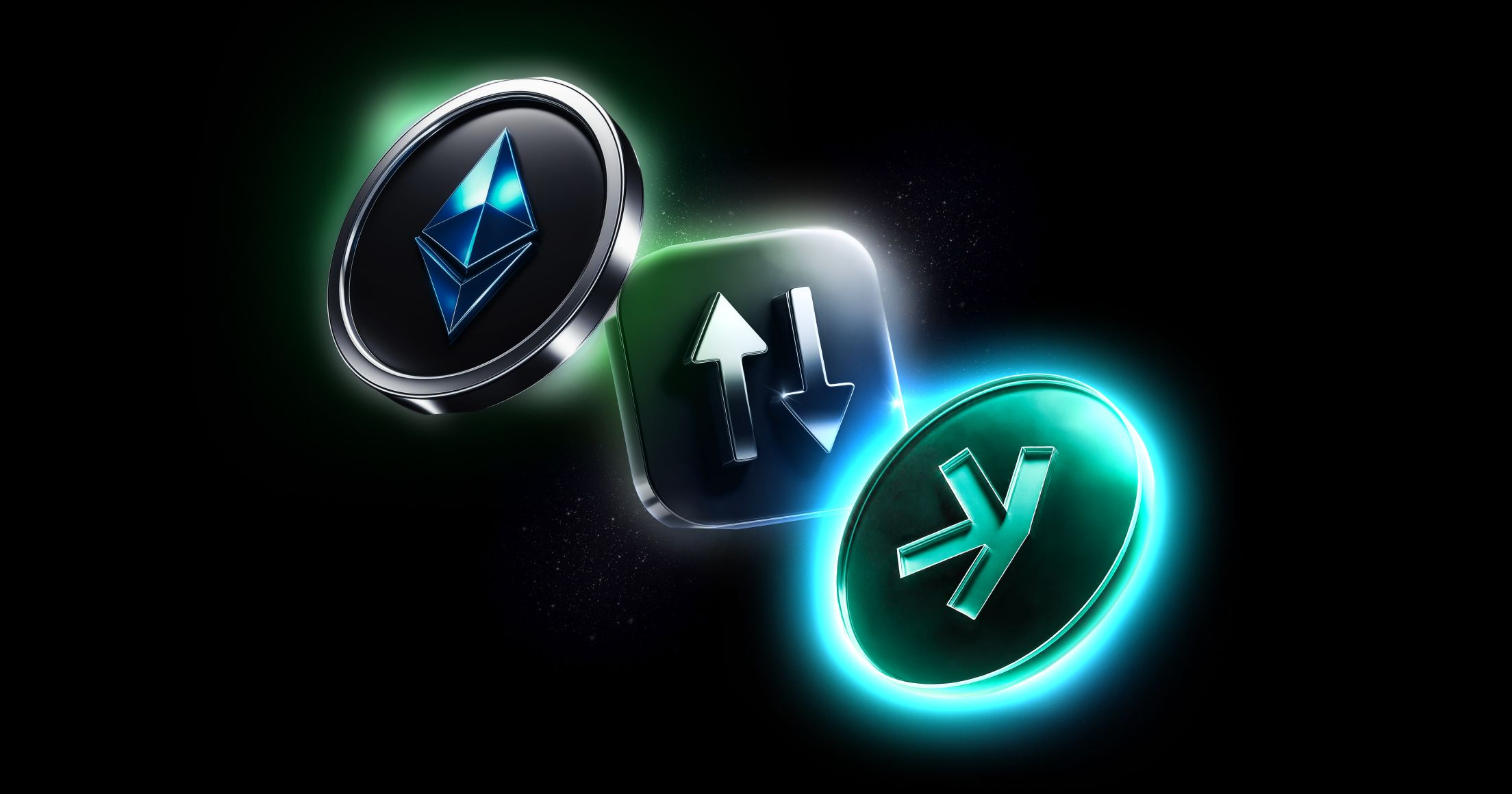
- AI summary
- Key Takeaways
- Is Crypto Legal in Spain?
- How to Buy Cryptocurrency in Spain with Tangem
- Best Crypto Exchanges in Spain (2026)
- How to Store Your Crypto Safely in Spain
- Is Crypto Taxed in Spain?
- Is Crypto Mining Legal in Spain?
- How to Buy NFTs in Spain
- Future of Crypto in Spain
- FAQ About Crypto in Spain
AI summary
Spain has established itself as a leading and well-regulated cryptocurrency market in Europe, with clear legal status, robust oversight by the CNMV, and alignment with the EU’s MiCA framework. Investors in Spain can easily buy, trade, and store digital assets, but must comply with strict AML/KYC requirements and pay capital gains taxes on profits. The country’s dynamic environment, growing adoption, and strong regulatory foundation make it an attractive and secure destination for both new and experienced crypto users.
Spain has rapidly grown into one of Europe’s leading cryptocurrency markets, driven by rising adoption, CNMV oversight, and the EU’s MiCA regulation. In 2026, investors can easily buy and sell digital assets on local and global exchanges, store funds securely in wallets, trade NFTs, or explore mining opportunities. With clear rules on legality, taxation, and consumer protection, crypto in Spain offers a regulated yet dynamic environment, making it essential for newcomers and experienced investors alike to understand how the market, exchanges, wallets, and future trends shape the country’s crypto landscape.
Key Takeaways
- Legal status: Crypto is legal in Spain, with oversight from the CNMV and EU MiCA rules.
- Regulation: Licensed exchanges and wallet providers must comply with AML/KYC laws.
- Tax obligations: Crypto gains are taxable at rates ranging from 19% to 26%, depending on income.
- Popular coins: Traders widely trade Bitcoin (BTC), Ethereum (ETH), Solana (SOL), Cardano (ADA), and stablecoins.
If you want to compare crypto regulations and adoption across countries, check our guides on crypto in the UK, crypto in the USA, crypto in Brazil, crypto in France, crypto in Germany, crypto in Turkey, crypto in India, and crypto in Thailand
Is Crypto Legal in Spain?
Yes, absolutely. Spain regulates cryptocurrency through the CNMV, which requires crypto service providers to register and operate in compliance with anti-money laundering laws. The regulation ensures that exchanges and wallet providers meet strict compliance standards.
Spain fully aligns with the EU’s MiCA regulation, standardizing digital asset oversight across member states. Spain actively supports this regulation, which gives local and international investors legal clarity.
Key points about cryptocurrency regulations in Spain:
- The CNMV supervises financial promotions and licensed exchanges.
- AML/KYC checks are mandatory for all registered crypto platforms.
- MiCA ensures uniform European rules, making Spain an attractive hub.
With these laws, Spain’s crypto market has gained investor trust, offering a more secure environment than less-regulated jurisdictions.
How to Buy Cryptocurrency in Spain with Tangem
Buying crypto in Spain is straightforward when you use Tangem's secure self-custody wallet. Here’s how to get started:
Step 1 – Get Tangem Wallet
Purchase a Tangem card or ring, download the Tangem app (iOS/Android), and set up your wallet in minutes.
Step 2 – Buy Crypto in the App
Open the Tangem app, tap Buy, choose your cryptocurrency (BTC, ETH, SOL, or others), and enter the amount in euros.
Step 3 – Select Provider and Payment
Tangem integrates with trusted partners such as Mercuryo and Simplex, letting you pay with debit/credit cards, Apple Pay, Google Pay, or SEPA transfers. SEPA often comes with 0% fees, whereas cards may charge higher fees.
Step 4 – Verify Identity (KYC)
Spanish regulations require identity verification. Providers typically request an ID (DNI/NIE) and sometimes proof of address before processing transactions.
Step 5 – Confirm and Receive
Once verified, your crypto is sent directly to your Tangem wallet address—no third-party custody is involved. Providers may set limits, but you always control your funds.
With Tangem, you can buy Bitcoin in Spain and instantly receive it in a self-custody wallet, combining convenience, compliance, and security.
Best Crypto Exchanges in Spain (2026)
Choosing the right platform depends on your goals. Here’s a quick comparison of the top crypto platforms in Spain:
Exchange | Fees | Supported Coins | Pros | Cons |
Bit2Me | ~0.5% | 200+ | Spanish support, SEPA, is regulated locally | Higher fees |
Binance Spain | 0.1% | 350+ | Low fees, advanced tools, global liquidity | Complex interface |
Coinbase | 1%+ | 200+ | Very beginner-friendly, insured funds | High fees |
Kraken | 0.26% max | 250+ | Top-tier security, wide fiat options | Slower onboarding |
eToro | 1% | 80+ | Social trading + stocks & crypto | Limited crypto selection |
Bit2Me appeals to Spanish users who want local support, while Binance offers the lowest fees to professional traders. Coinbase is the easiest for beginners, Kraken prioritizes security, and eToro allows investors to combine crypto with traditional assets.
How to Store Your Crypto Safely in Spain
Keeping your funds on exchanges exposes you to risks. Even regulated platforms can suffer from hacks or operational issues. Many investors prefer using a crypto wallet in Spain for long-term safety.
Risks of Keeping Crypto on Exchanges
- Hacks or security breaches
- Frozen accounts during investigations
- Third-party custody risks
To mitigate these risks, investors move funds into self-custody wallets.
Types of Wallets
- Software wallets: MetaMask, Trust Wallet, and Bit2Me Wallet allow mobile or browser access. They’re convenient but less secure.
- Hardware wallets: Devices like Tangem, Ledger, and Trezor store crypto offline, offering strong protection. A Tangem cold wallet provides bank-grade security and portability, making it one of the best crypto wallets in Spain.
Is Crypto Taxed in Spain?
Yes. Investors must comply with Spanish crypto tax laws, which apply to capital gains and income. Not from Spain? Check our UK, Brazil, India, and France crypto guides.
Tax Rate and Rules
- Capital gains tax: 19%–26%, depending on income level.
- Crypto-to-crypto trades: Tax authorities treat it as a taxable event even if you withdraw no euros.
- Mining and staking rewards: Classified as income and taxed accordingly.
The Agencia Tributaria enforces these Spanish cryptocurrency tax rules.
How to Calculate Crypto Tax
Investors must:
- Use the FIFO (first in, first out) method.
- File an annual declaration.
- Keep records of all transactions.
Many Spanish investors use tax tools such as CoinTracking, Koinly, or TaxBit to simplify their filing. These tools all support crypto tax calculation in Spain.
Is Crypto Mining Legal in Spain?
Yes, crypto mining in Spain is legal, but profitability depends heavily on electricity prices and regulations.
Mining Regulations
Spain allows Bitcoin mining but monitors energy consumption and environmental impact. Miners operating at scale must pay commercial electricity rates.
How to Mine Crypto in Spain
- Hardware: ASIC miners for Bitcoin, GPUs for altcoins.
- Mining pools: Popular choices include Slush Pool, F2Pool, and ViaBTC.
- Costs: High electricity prices reduce margins, so many prefer staking or cloud mining.
While you can mine Bitcoin in Spain, staking platforms often provide a more energy-efficient alternative.
How to Buy NFTs in Spain
Once you have crypto in your Tangem wallet, you can easily purchase NFTs in Spain by following these steps:
- If your Tangem app is not already active, enable NFT support. Enabling NFT support lets you view and manage your NFT collection directly in the wallet.
- Choose an NFT marketplace such as OpenSea, Rarible, or SuperRare.
- Connect your Tangem wallet using WalletConnect. On OpenSea, for example, click “Connect Wallet” → select “WalletConnect” → follow the prompts to link your Tangem app.
- Browse collections and select the NFT you want to purchase.
- Click “Buy now” (or place a bid) and confirm the transaction in your Tangem app. You’ll need enough ETH, SOL, MATIC, or another supported token to cover the purchase and gas/transaction fees. On Ethereum, gas can be expensive, so consider using lower-fee chains like Polygon.
- Confirm with your Tangem card as required. Once the blockchain validates the transaction, the NFT is added to your wallet.
Profits from NFT sales in Spain fall under the same crypto capital gains tax rules, so you must declare them when filing with the Agencia Tributaria.
Future of Crypto in Spain
Spain is shaping the future of European crypto adoption. With strong regulation, growing user demand, and EU-wide frameworks, the outlook for digital assets looks promising.
- Government initiatives: The CNMV enforces strict rules to protect investors while supporting innovation.
- Retail and institutional adoption: More Spaniards use crypto for savings, while banks and funds explore digital assets.
- CBDC (Digital Euro): Spain participates actively in Digital Euro pilot programs, which may roll out later this decade.
European integration, stronger security frameworks, and mainstream adoption in finance will shape the future of crypto in Spain.
FAQ About Crypto in Spain
Is Bitcoin legal in Spain?
Yes. Bitcoin is legal and regulated by the CNMV and EU MiCA.
Do you pay tax on crypto in Spain?
Yes. Spain taxes gains at 19%–26%, depending on income brackets.
Can you mine cryptocurrency in Spain?
Yes. Mining is legal but costly due to high electricity prices.
What is the best crypto exchange in Spain?
Bit2Me, Binance, Coinbase, and Kraken are the best options in 2026.

